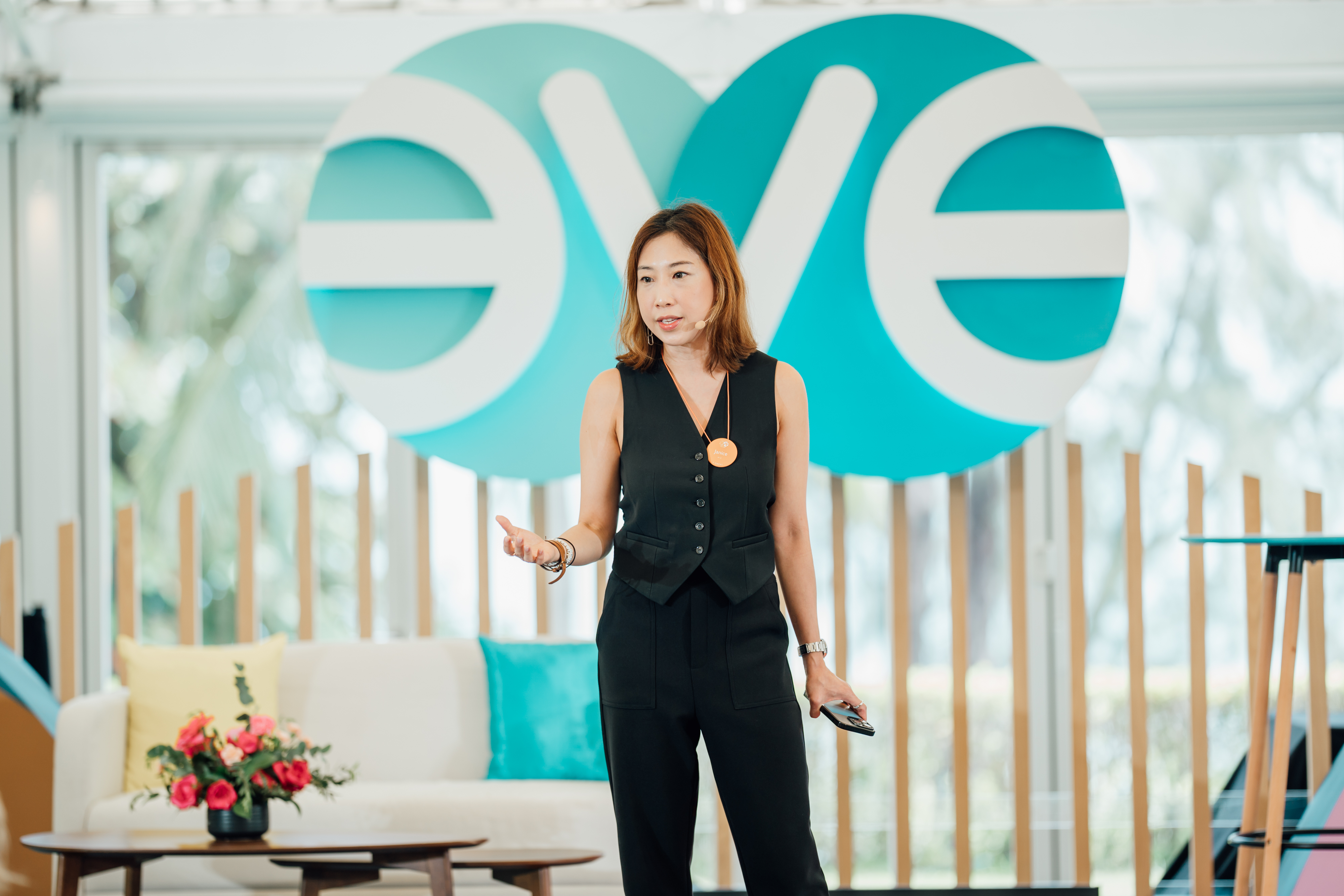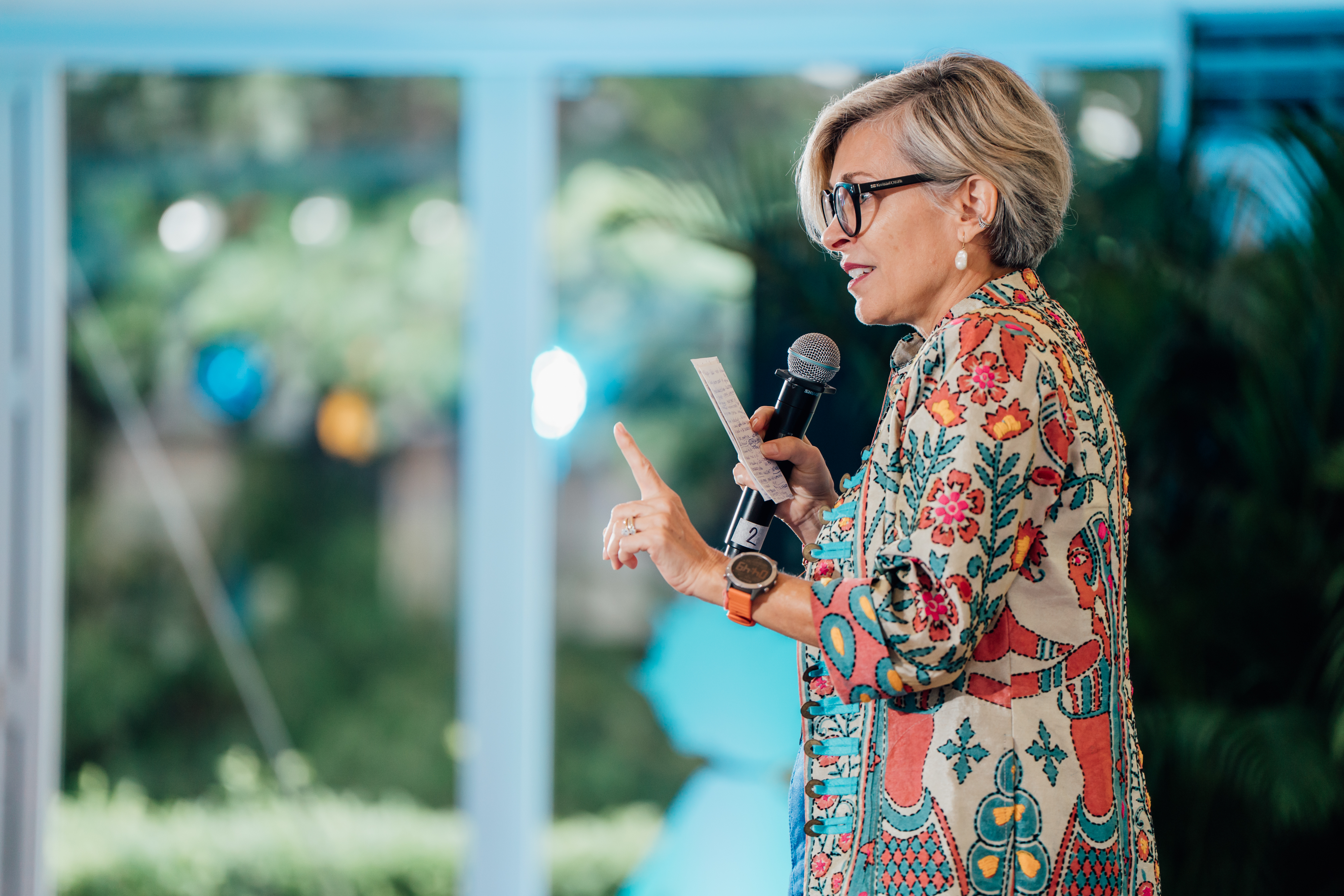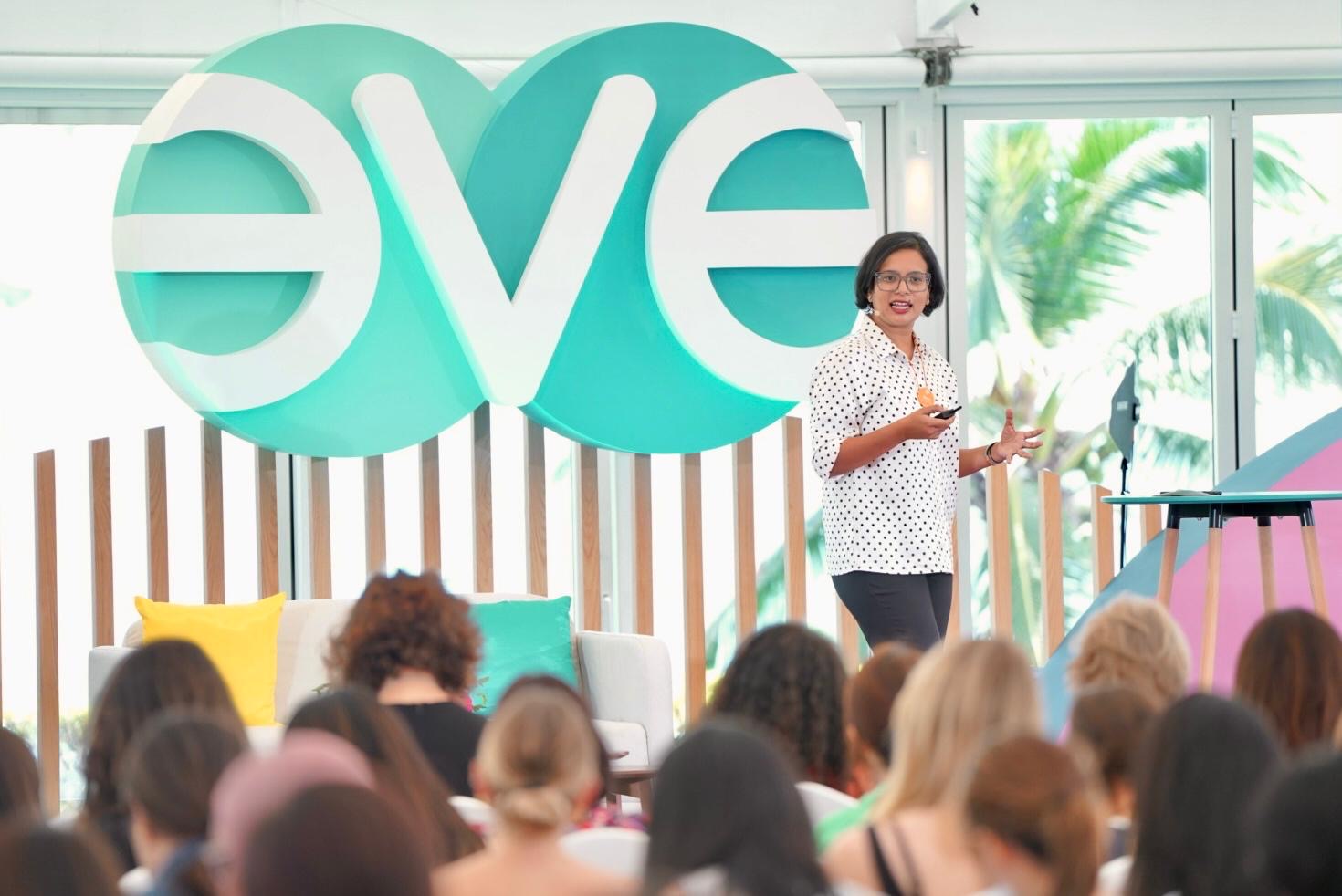 Last friday, a day before the « International Women’s day« , Danone’s blog, Down to Earth published a very interesting article about the Corporate actions on gender diversity all year long… and we wanted to share it with you. Enjoy!
Last friday, a day before the « International Women’s day« , Danone’s blog, Down to Earth published a very interesting article about the Corporate actions on gender diversity all year long… and we wanted to share it with you. Enjoy!
« This Saturday is International Women’s Day (IWD), a world-wide celebrated event that highlights women’s economic, political, social and cultural achievements. It is also often used as an occasion to put the spotlight on the hurdles still faced by women everywhere. Advancing the cause for women is the responsibility of the entire society. Only through strong and constant actions will Goal 3 of the Millennium Development Goals, “Promote gender equality and empower women”, be achieved. In this fight for greater equality, Danone takes its part of responsibility, through actions at corporate level and by supporting projects through its social innovation platforms.
Striving to support women empowerment
Women’s rights, gender equality and women empowerment are absolutely key to supporting development – read our article on the subject here. As Economy Nobel Prize laureate Amartya Sen explains, “countries that have expanded opportunities for women and girls in education and work in recent decades have largely achieved greater prosperity and moderated population growth while limiting child mortality and achieving social progress for all.”
But the situation of women in the developing world remains worrying. A recent UN report, “United Nations ICPD Beyond 2014 Global Report”, “highlights the fact that development gains from the past 20 years cannot be sustained unless governments tackle the inequalities that hurt the poorest and most marginalized. It also finds that growing inequalities will undo significant gains in health and longevity made over the past 20 years. To sustain these gains, the report (…) argues that governments must pass and enforce laws to protect the poorest and most marginalized, including adolescent girls and women affected by violence,” sums up the United Nations Population Fund. But the governments are not the only ones capable of inciting change. The civil society, NGOs and, of course, corporate companies, also have a major role to play.
 Through the danone.communities fund, the Danone Ecosystem Fund (who issued a newsletter on the subject in February 2012) and the Livelihoods fund, the group supports projects that help women play the role they deserve to play, and experience the freedom and power they deserve to have. There are different ways to empower women.
Through the danone.communities fund, the Danone Ecosystem Fund (who issued a newsletter on the subject in February 2012) and the Livelihoods fund, the group supports projects that help women play the role they deserve to play, and experience the freedom and power they deserve to have. There are different ways to empower women.
First, there is training : learning a new job, acquiring new knowledge is the first step towards independence. Many micro-distribution programmes are thus developed primarily with women, such as Jita or Grameen Danone, two danone.communities projects in Bangladesh that train women to be local, door-to-door salespeople, or Semilla, a project supported by Ecosystem in Mexico. Then, there is offering them leadership positions in management and decision-making processes, to make sure that, through parity, women control their own destinies. Finally, there is providing them with an income and increased opportunities : women then become financially independent from their husbands, have more money to attend to everyday necessities (mainly food and energy), and have more time to dedicate to their families and themselves. In Spain (not a developing country, but struck by gender-specific violence), the Social School for Women Empowerment (supported by Ecosystem) provides women with trainings and jobs to help them get out of violent relationships and gain their independence. Women empowerment is also fundamental to the Ciater project, another Ecosystem-supported initiative in Indonesia, which won the 2012 Dan Award for social innovation. It helps milk producers develop their activity, and empowers their wives “with entrepreneurship training and education that enables them to manufacture milk-based products and set up a business to sell them.”
Meanwhile, the Livelihoods Fund’s “Hifadhi” project in Kenya aims to distribute clean cookstoves to 60,000 households, which will dramatically improve the lives of local women. Today 3 billion people in developing countries cook over open fires. According to the World Health Organization (WHO), smoke exposure from these primitive stoves is tantamount to inhaling two packs of cigarettes a day. In Kenya, this causes 14,300 premature deaths annually, with women affected disproportionally. In addition to causing illnesses and death, the use of traditional cookstoves also depreciates the livelihoods of Kenyan women, who are the primary victims of gathering firewood. Traveling long distances to collect wood consumes most of their day, limiting the time they can devote to other productive activities.
Working on gender equality inside the company
The efforts for gender equality are not limited to projects in the developing world and/or supported by Danone’s social innovation platforms. At corporate level, the Group also intensifies its efforts to promote more opportunities for women. Diversity is a major business stake, and it helps achieve three main goals:
– Innovate and better understand the markets, which happens thanks to different leadership styles, ways of thinking and backgrounds;
– Reflect the society as it is;
– Support the growth of all Danoners to their top.
The company is working on different levers to increase gender equality : organisational levers, such as salary equity, external recruitment and internal promotion, discussions with unions on worklife flexibility, etc. And individual levers, through mentoring, training, networking and awareness campaigns for men and women.
This double approach is also at the core of the programme EVE, which reflects Danone’s commitment to strengthening the role of women in leadership. EVE is a management seminar dedicated to women, but also open to men, built around the idea that “to work on oneself and to be stimulated is the best way to increase one’s performances and to become an actor of change,” as the EVE website states. It is an inter-company initiative based on an original idea from Danone (Crédit Agricole S.A., KPMG, L’Oréal, SNCF and Orange are official partners).
Finally, around International Women’s Day, a series of events will be held, throughout the Group and its subsidiaries. EVE’s blog has listed a number of them (here in French):
– On March 7th, at Danone headquarters in Paris, a breakfast of the women’s network was held to share best practices and open new reflections paths on women in leadership and how to improve professional gender equality.
– On March 11th, for the 4th year in a row, the Centre Carasso will host the day of “women’s networks of the Danone Group”. Structured around the theme “Mixity as a lever for performance”, the day will propose conferences, workshops and networking sessions, and address issues such as “Brain, gender and prejudices”.
– Events will also be held at CBU level: the subsidiary of Danone Nutricia in the Middle East organises a whole day dedicated to its female members of staff, with an exhibition, charity events, mentoring sessions, etc. Danone Ukraine and Danone Turkey have also planned specific actions targeting women for the day, notably around health issues.
Through all these actions, around International Women’s Day and all year long, thanks to long-term initiatives as well as one-time events, Danone intends to do its best to build a world where gender equality is a reality. International Women’s Day is just a reminder of the efforts we need to pursue every day of the year. »
Published with courtesy of Down to earth.
Photo © Violaine Martin – PhotoProEvent. December 2012. (Danone participants, 3rd edition of the Programme EVE)







